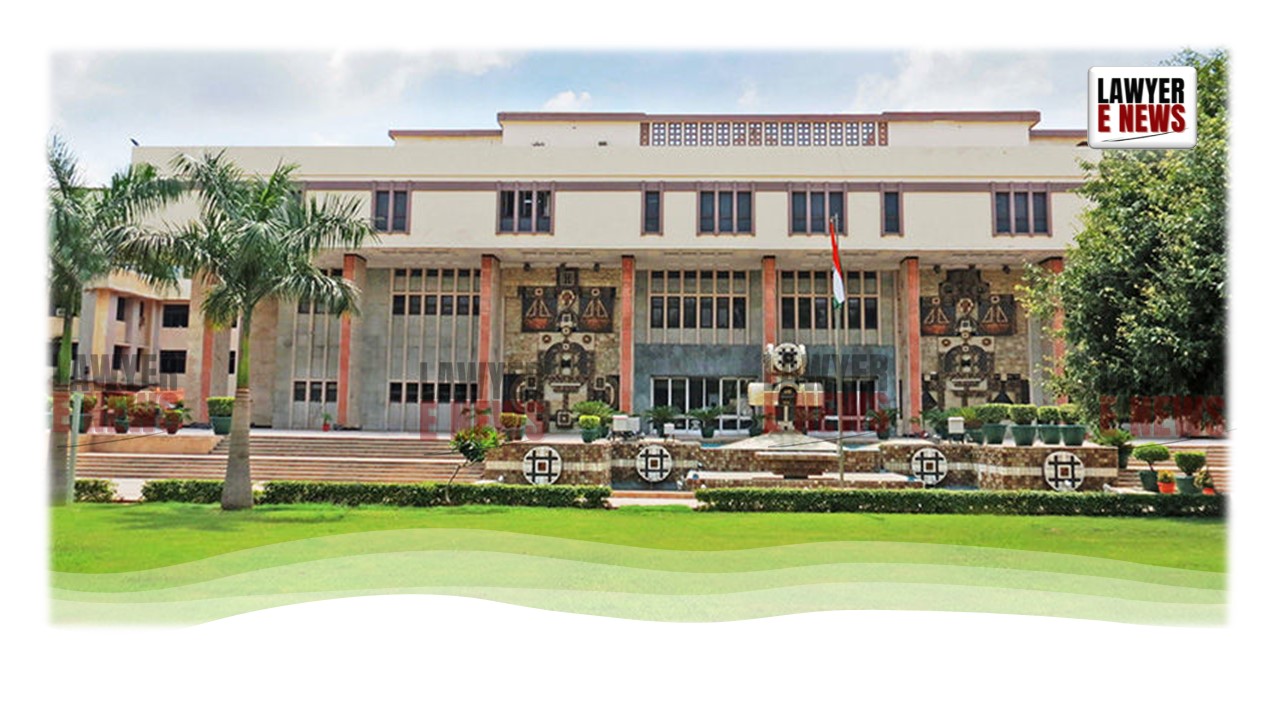-
by Admin
15 February 2026 5:35 AM



In a significant judgment, the Delhi High Court vacated an interim order from 2018 that maintained the status quo on disputed properties in a complex family partition case. The bench, comprising the Acting Chief Justice and Justice Manmeet Pritam Singh Arora, directed one of the respondents to deposit sale proceeds from previously sold properties, and initiated suo motu criminal contempt proceedings against key respondents for filing false affidavits and suppressing material facts.
The appeal was filed by Paresh Dandona, the third defendant, challenging an ex-parte ad-interim order dated December 21, 2018, which restrained parties from altering the status of certain properties pending the suit. The properties in question include two in New Delhi, jointly owned by the appellant and his family. The primary suit, filed by Sukruti Dugal, sought partition of these properties, claiming they were part of a Hindu Undivided Family (HUF) estate. This suit was challenged on grounds of material suppression and collusion among the respondents to obstruct the execution of a prior consent decree from 2015.
The court found that the respondents, particularly Respondent No. 2, had sold the properties awarded to her under the 2015 consent decree, contrary to earlier court orders. "The respondents not only violated interim orders but also provided false statements to the court," the bench noted, emphasizing the seriousness of such actions which undermine judicial authority.
The court affirmed the validity of the 2015 consent decree, under which the properties were initially partitioned. It was found that Respondent No. 2 had fully acted upon this decree by selling her share of the properties, thus negating her claims in the current suit.
The court held that the appellant was entitled to recover possession of his share as per the consent decree. "The continuation of the interim order was inequitable and unwarranted under the given circumstances," the bench stated.
The judgment extensively discussed the legal implications of filing false affidavits and suppression of material facts, actions which constitute criminal contempt. "Filing false affidavits and making misleading statements to obstruct judicial proceedings strikes at the very root of the justice delivery system," the court remarked, initiating contempt proceedings against the respondents.
The court directed Respondent No. 2 to deposit two-thirds of the sale proceeds from the properties she had sold, along with interest, to secure the potential share of Respondents No. 1 and 3, highlighting the importance of safeguarding the interests of all parties in a dispute.
Justice Manmeet Pritam Singh Arora observed, "The integrity of the judicial process must be upheld at all costs. The deliberate suppression of facts and filing of false affidavits are serious offences that warrant stringent action to maintain public confidence in the judicial system."
The Delhi High Court's decision to vacate the interim order and direct the deposit of sale proceeds sends a strong message about the sanctity of court orders and the severe consequences of attempting to subvert justice. This judgment is expected to have a significant impact on future partition disputes, reinforcing the principles of transparency and accountability in legal proceedings.
Date of Decision: May 22, 2024
